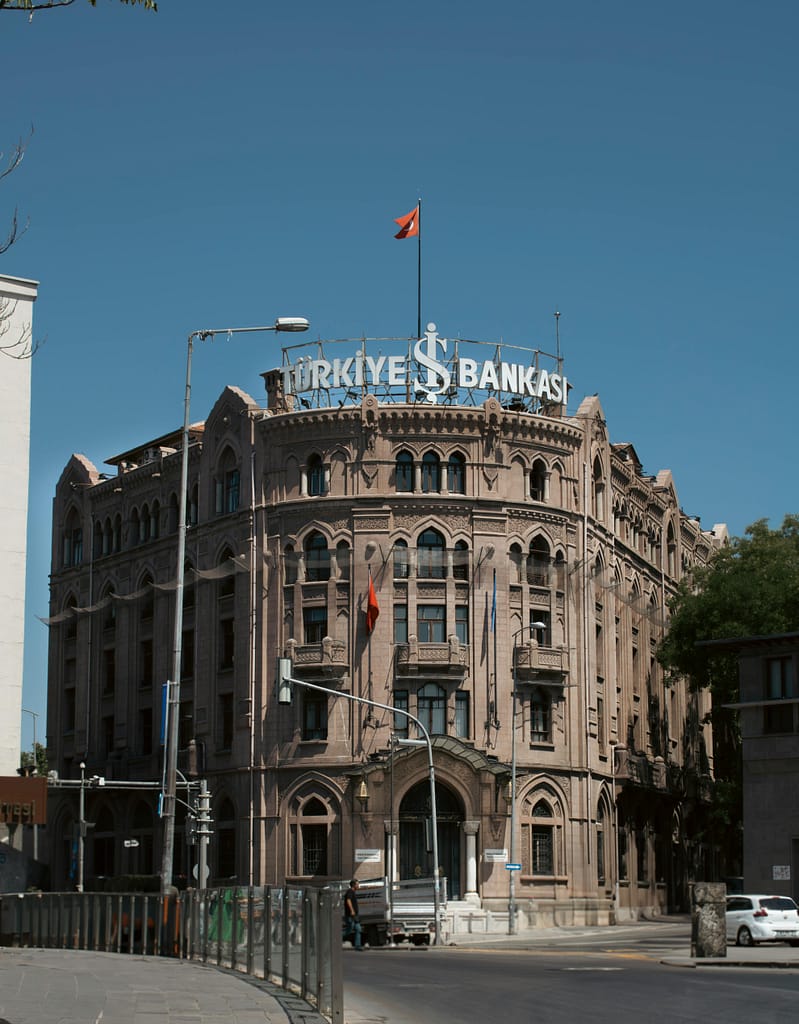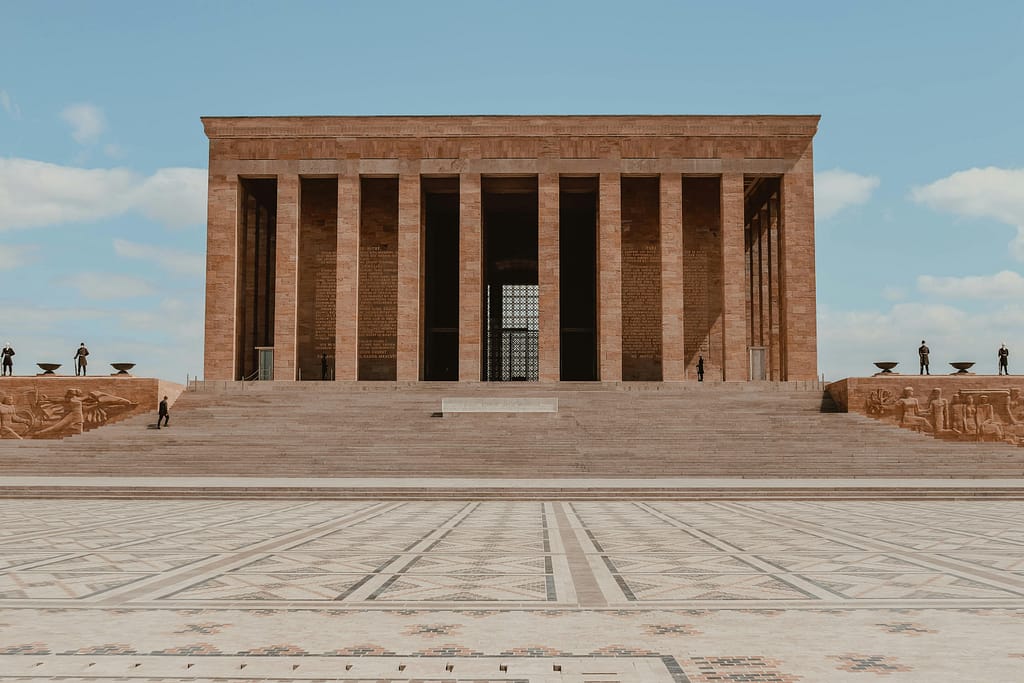Have you ever wondered about the Ankara meaning as you walk its ancient streets or read a street sign etched with Roman lettering? Whether you’re studying medicine, engineering, or art in Turkey’s capital, knowing the story behind its name gives you cultural depth and conversational currency. In this article, we’ll explore the full Ankara etymology, define Ankara across civilizations, and unpack the linguistic, mythological, and political layers that have shaped its identity.
Contents

1. Define Ankara: The Simple and the Complex
When we try to define Ankara, the modern answer seems obvious: it’s the capital of the Republic of Turkey. But that only scratches the surface.
Modern Ankara Definition:
- Geopolitically: Ankara is Turkey’s second-largest city and its political and administrative center.
- Linguistically: The word “Ankara” in Turkish does not have a direct meaning in modern vocabulary, but its roots reach back millennia.
To fully understand what Ankara means, we need to explore its historical incarnations: Ankyra, Ancyra, Engüri, and even Ankuwaš.

2. Ankara Etymology Timeline: A Journey Through Language and Time
| Era | Name Used | Source or Meaning |
|---|---|---|
| Bronze Age | Ankuwaš | Hittite city mentioned in ancient tablets |
| Phrygian Period | Ankyra | Believed to mean “anchor” in Greek |
| Celtic-Galatian Period | Ancyra | Latinized from Greek; also relates to “anchor” |
| Roman-Byzantine | Ancyra / Ánkyra | Widely used in imperial documents |
| Seljuk & Ottoman | Engüri / Engüri̇ye | Possibly related to Persian word for grapes |
| Modern Republic | Ankara | Officially adopted in 1930 |
These variations show that the Ankara etymology is not only complex but also politically significant, shaped by every empire that ruled the region.
3. The “Anchor” Theory: Myth and Meaning
One of the most widely accepted theories ties the name Ankyra to the Greek word for anchor (“ágkyra”). According to legend, King Midas of Phrygia found an anchor at the site where the city was established and named it accordingly.
Evidence for the Anchor Theory:
- Coins minted during the Roman era depict an anchor beside the word “ANΚΥΡΑ.”
- Greek historians like Pausanias and Strabo mention this origin story.
This theory connects deeply with Ankara’s strategic position at the crossroads of ancient trade routes—a symbolic “anchor” in the Anatolian heartland.
4. Other Theories Behind the Ankara Definition
Though the anchor theory dominates academic circles, other interpretations of the Ankara meaning exist:
- Hittite Origin: Some scholars suggest Ankara comes from the Hittite city of Ankuwaš, located near the Kızılırmak River. Though not conclusively linked, the phonetic similarity makes it plausible.
- Persian Influence: In Ottoman times, the city was called Engüri, possibly derived from the Persian word “engûr” (grape), due to the region’s rich vineyards.
These alternate theories remind us that the Ankara definition is not singular but layered with cultural narratives.
5. How Understanding Ankara Etymology Enriches Your Experience
For international students, knowing how to define Ankara isn’t just academic; it’s practical:
- Cultural Insight: Understanding local names like Anıtkabir, Ulus, or Sıhhiye becomes easier.
- Language Learning: Tracing the etymology helps in understanding Turkish phonetics and place-naming conventions.
- Social Icebreaker: Bring up Ankara’s anchor story during a campus meetup—you’ll instantly make connections!
6. Walking Through History: Where to See Ankara’s Name in Stone
- Temple of Augustus and Rome: Houses the Monumentum Ancyranum, inscribed in Latin and Greek.
- Museum of Anatolian Civilizations: Exhibits Hittite artifacts, possibly from Ankuwaš.
- Ankara Castle: Offers a panoramic view of the ancient city layout, resembling an anchor.
- Coins at the Ethnography Museum: Look for ancient anchors engraved beside the word Ankyra.

7. Personal Reflection: The First Time I Learned the Meaning of Ankara
“During my orientation week at Hacettepe University, our history professor took us to the Temple of Augustus. As we stood beside the Greek inscription spelling ‘ΑΓΚΥΡΑ,’ she explained the anchor legend. It was the moment Ankara became more than a capital city—it became a story I belonged to.”
Ankara is nationalwide known to host the most renown medical faculties. If you are interested in medical study in Ankara, you should definitely check out our post!
8. Frequently Asked Questions (SEO-Optimized)
Q: What is the meaning of Ankara?
A: The most widely accepted meaning of Ankara is “anchor,” derived from the Greek “Ankyra.”
Q: How do you define Ankara?
A: Ankara is the capital city of Turkey, historically known as Ancyra, with roots that may trace back to Hittite and Celtic civilizations.
Q: Where does the name Ankara come from?
A: Ankara comes from the ancient name Ankyra, meaning anchor, with alternative theories linking it to Hittite and Persian origins.
Q: Was Ankara always called Ankara?
A: No. It has been called Ankuwaš, Ancyra, Ankyra, Engüri, and more before becoming Ankara in 1930.
Conclusion: Why the Definition of Ankara Still Matters
To define Ankara is to travel through time. The Ankara etymology reveals a city that has served as an anchor for empires, ideas, and now—for international students seeking knowledge and belonging. Whether you’re strolling past Roman ruins or preparing for a language exam, knowing the Ankara meaning grounds you in the story of the land beneath your feet.

Hey there,
As the admin of studyingmedicineinturkey.com, I bring firsthand experience as a foreign medical student studying in Ankara, Turkey. My journey has provided me with valuable insights into the challenges and opportunities that international students encounter while pursuing their medical education in Turkey.
Best of Luck:)


